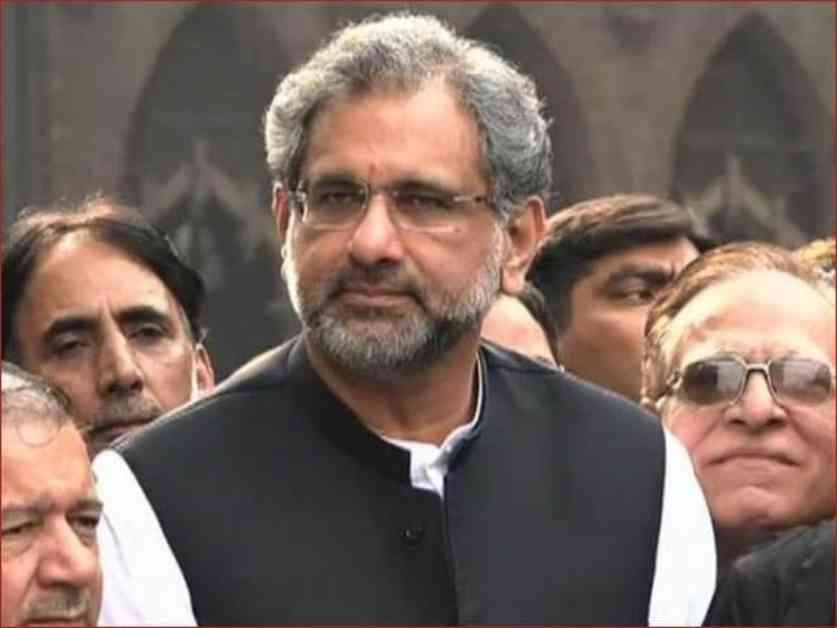Shahid Khaqan Abbasi Launches ‘Awam Pakistan Party’ with Election Commission Approval
The Election Commission of Pakistan has officially registered former Prime Minister Shahid Khaqan Abbasi’s new political party, ‘Awam Pakistan Party’. This registration marks a significant development in the country’s political landscape, as the total number of registered political parties in Pakistan now stands at 168.
Key Details of the Registration
The registration announcement was made by the Election Commission, confirming Abbasi as the convener and Miftah Ismail as the General Secretary of the party. Moreover, the Commission has approved the intra-party elections of Awam Pakistan, which were conducted earlier this year. The details of these elections were submitted to the Election Commission on June 26, 2024.
Political Shifts and New Alliances
In a notable move, prominent landowner Chaudhary Inam Zafar, head of the influential Chaudhary family, ended his 40-year association with Pakistan Muslim League-Nawaz (PML-N). Zafar, along with his family and allies, has joined the Awam Pakistan party under the leadership of Shahid Khaqan Abbasi. This shift has already begun to reshape Rawalpindi’s political landscape.
Moreover, ten female leaders and councillors, previously affiliated with various political parties including PML-N, PPP, and PTI, have also declared their allegiance to the Awam Pakistan party. This diverse group of women leaders, including Zahida Parveen and councillors Saeeda Begum, Maira Begum, Rizwana Bibi, and Arshi Begum, adds a new dimension to the party’s growing support base.
City Convention and Future Prospects
Looking ahead, these new alliances and defections point towards a city convention in January, where several other significant personalities from PML-N are expected to join the Awam Pakistan party. The momentum behind this political shift underscores the evolving dynamics of Pakistan’s political arena, setting the stage for a potentially transformative period in the country’s governance.
As we witness these political transformations unfold, it prompts us to reflect on the fluid nature of alliances and the power dynamics that shape our democracy. The decision to switch parties is not merely a shift in allegiance but a reflection of evolving ideologies and priorities that drive individuals towards new political horizons. In the midst of these changes, it is crucial to understand the underlying motivations and aspirations that fuel these political realignments. Each move, each defection, and each new alliance speaks to a larger narrative of change and adaptation within the political landscape, highlighting the intricate web of relationships and interests that define our democratic processes.









